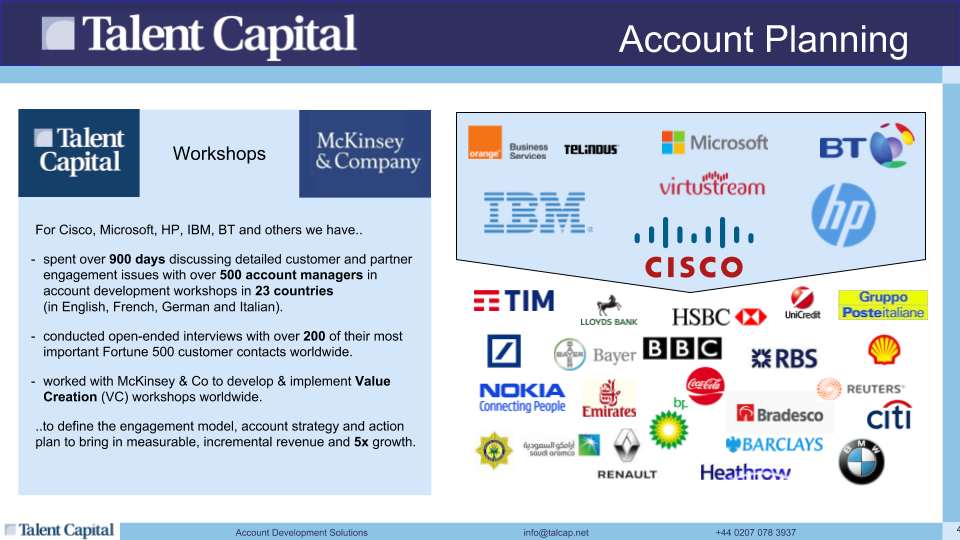“Tell me and I will forget; show me and I may remember; involve me and I will
understand.”
Confucius 450 BC.
What was patently true for Confucius 2500 years ago and for primates in the wild seems to be ignored today in most classrooms around the world, whether physical or virtual, in schools and universities or in a business context.
Courses and training sessions may well contribute to knowledge, but they have a limited return in terms of individual development.
In their seminal work “The Leadership Machine”, the American learning experts Robert Eichinger and Michael Lombardo show that for any individual in a business environment
- 70% of learning is from on-the-job experiences
- 20% is from observing others
- 10% is from reading and courses.
There are three elements that affect the effectiveness of the learning process
CONTENT – what is being learnt
MOTIVE – conviction that there is a need to learn
INTERACTION – the context, social and otherwise, in which the learning occurs.
The classic classroom approach (“Tell me and I will forget”) is remarkably persistent however and can reasonably describe the vast majority of what is offered today under the name of “Value Selling” training, including most e-Learning offerings. From the perspective of the sales force there is no meaningful interaction (the “methodology” slides are immune to their input) and most participants in such sessions are not convinced of the need: they consider it a waste of their precious time. By and large, it is.
At Talent Capital we believe in learning by doing.
We work with a single account team focussed on a single customer. We solve the motivation issue by focussing exclusively on the one thing that interests them: achieving their number. There are no ready answers – we all start with a blank sheet and our shirtsleeves rolled-up. 100% motivation, 100% interaction.
We don’t just rely on the account team’s information about the customer: prior to the workshop we interview the customer’s key managers and get the picture, warts and all. The first thing the account team must address is the customer’s perception because perception is reality.
These interviews also serve to build a picture of the customer’s mental model of themselves. We then work with the account team to develop a plan to shift this mental model to achieve their goals. Yes, we follow a methodology that works for all accounts and has yielded consistent results in 23 countries, but the real content comes from the customer and the account team themselves.
The account team and their manager learn by doing.
“The things we have to learn before we do them, we learn by doing them.”
Aristotle 350 BC.
We ensure that the account team learns best practice by doing it and reaping the results. We transform the salesforce one team at a time. We are happy to be paid for results.

